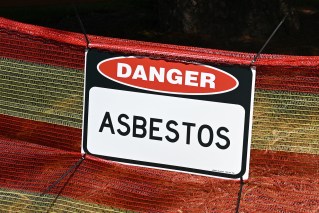A scorching heatwave in two of India’s most populous states has overwhelmed hospitals, filled a morgue to capacity and disrupted power, forcing staff to use books to cool patients, as officials investigate a death toll that has reached nearly 170.
In the northern state of Uttar Pradesh, 119 people have died from heat-related illnesses over the past several days while neighbouring Bihar state reported 47 fatalities, according to local news reports and health officials.
“So many people are dying from the heat that we are not getting a minute’s time to rest. On Sunday, I carried 26 dead bodies,” Jitendra Kumar Yadav, a hearse driver in Deoria town, 110 kilometres from Ballia, told The Associated Press.
Other residents said they were scared of going outside after midmorning.
The largest hospital in Ballia district in Uttar Pradesh is unable to accommodate more patients.
Officials said the morgue was full after 54 people, all of whom were elderly suffering from various health issues, died during the heatwave.
Some families were asked to take home the bodies of their relatives.
On Sunday, the state health minister, Brajesh Pathak, said a two-member team will look into what caused the large number of deaths and investigate how many of them are directly related to heat.
While northern regions of India are known for sweltering heat during the summer months, temperatures have been consistently above normal, according to the Indian Meteorological Department, with highs reaching 43.5 degrees Celsius.
A heatwave is declared in India if temperatures are at least 4.5 degrees above normal, or if the temperature is above 45 degrees.
Despite warnings, government officials did not ask people to brace for the heat until Sunday, when the death toll began to increase.
Adding to the heat stress are consistent power outages across the region, leaving people with no running water, fans or air conditioners.
Inside the Ballia district hospital, the chaotic scenes were reminiscent of the coronavirus pandemic, with families and doctors scrambling as many patients required urgent attention.
The corridors smelled of urine, garbage and medical waste, and hospital walls were stained with betel leaf spit.
The wards in the hospital had no functioning air-conditioners, and cooling units that were installed were not working properly due to power fluctuations.
Attendants were fanning patients with books and wiping their sweat in an attempt to keep them cool.
Officials said more severe cases were being shifted to hospitals in bigger cities nearby such as Varanasi, and more doctors and medical resources were being sent to the district hospital to deal with the heat-induced crisis.
-Reuters








